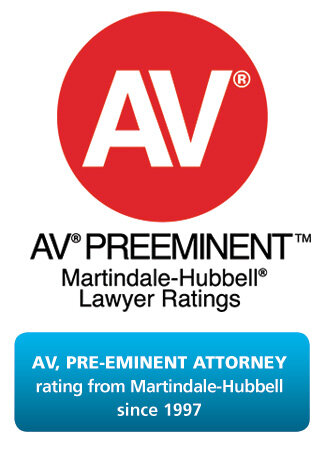Employee Ownership Group (EOG)
Simple, sustainable, employee ownership: with employee governance, profit sharing, potential benefit from company sale - no trust - not perpetual - not subject to forced sale
The design of an EOG is quite flexible, like an EOT, because there are no specific regulations, nor tax benefits tied to these structures.
An EOG includes:
1) a phantom stock or stock appreciation rights plan; with
2) governance rights for the employees in the EOG in the articles and bylaws of the company.
· Eligibility: Stock appreciation rights are allocated to employees who have some numbers of years of company employment.
· Benefits: When other shareholders receive dividends, the EOG member employees get a pro rata share of those profits as profit sharing, deductible to the company and taxable as income to the employee. If there is a sale of the company, EOG members employees who are working for the company at the time of sale get their pro rata share of sale proceeds.
· Governance Rights: The company articles and bylaws provide the EOG members with the right to elect one of them to serve on the company board, with all the rights (and confidentiality obligations) of the other board members. However, where there are votes on shareholder issues, the EOG board representative must vote as directed by the members of the EOG. The company bylaws provide for the protections of the EOG, described below, and outline the process for the EOG members to elect their board representative and to make other decisions for the EOG group.
· Protections for the EOG: The company board of directors has the authority to discontinue phantom stock and stock appreciation right plans at any time. However, an EOG provides protections for the employee stock rights, by giving the EOG group the right, in the company bylaws, to prevent the board from changing the phantom or stock appreciation rights plan without agreement of a supermajority of the EOG members.
· Sale of the Company: Most closely held companies have a buy-sell agreement among the shareholders, providing a first right of refusal for the company, or other existing shareholders, to purchase shares at a formula price within a stated timeframe before shares can be sold to outsiders, An company can, through its bylaws or the buy-sell agreement, give the EOG group a similar right to buy such shares at the formula price. It may be equal to or secondary to the rights of other shareholders to buy said shares.
(Coming soon - a case study of the EOG we recently created at Good Roots, Inc.)



